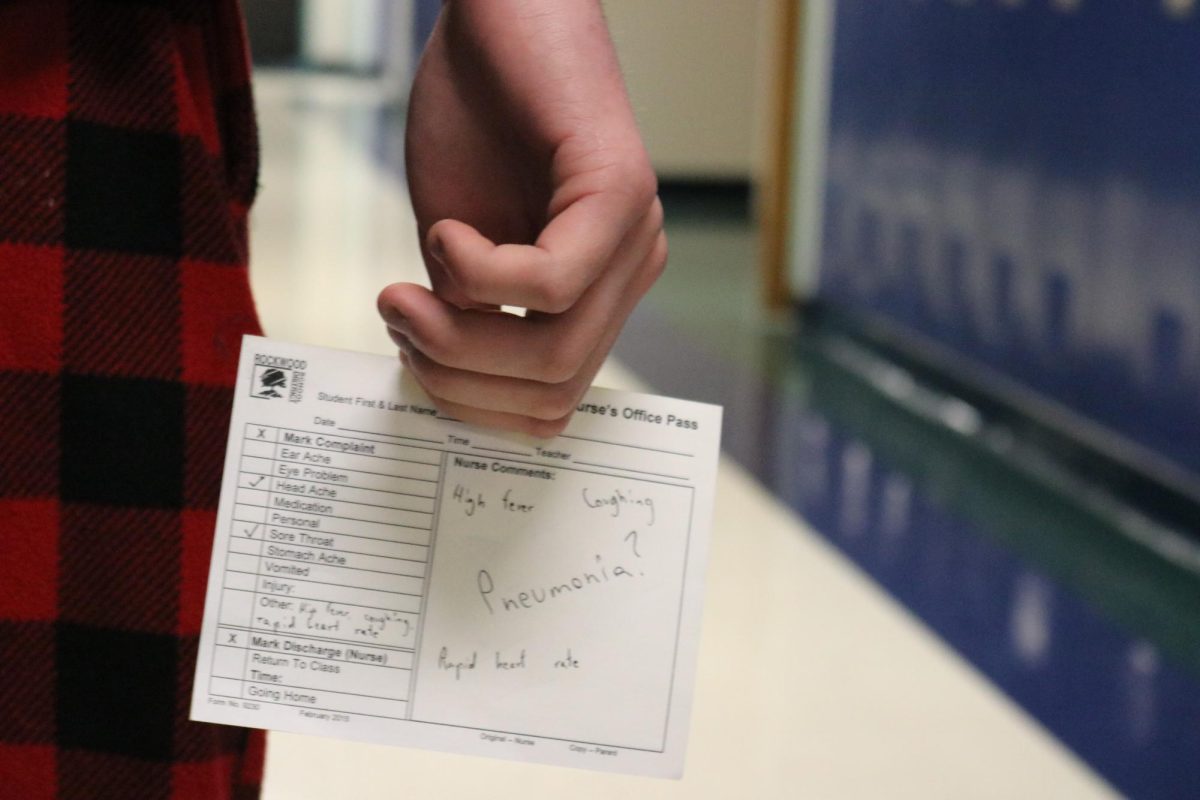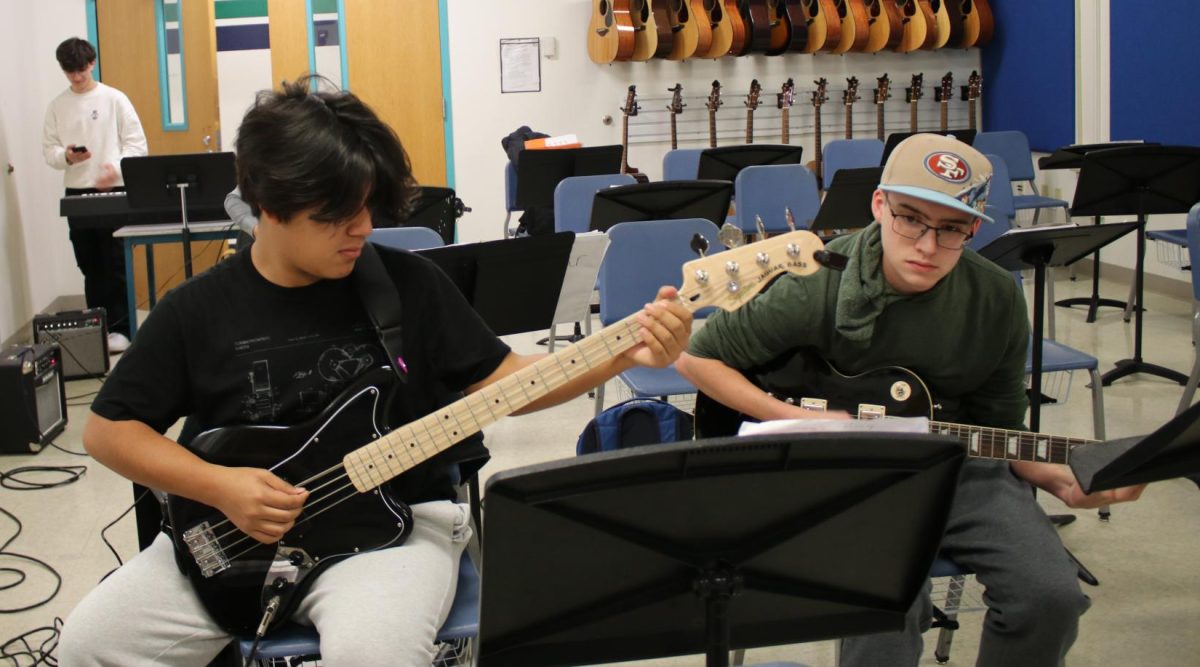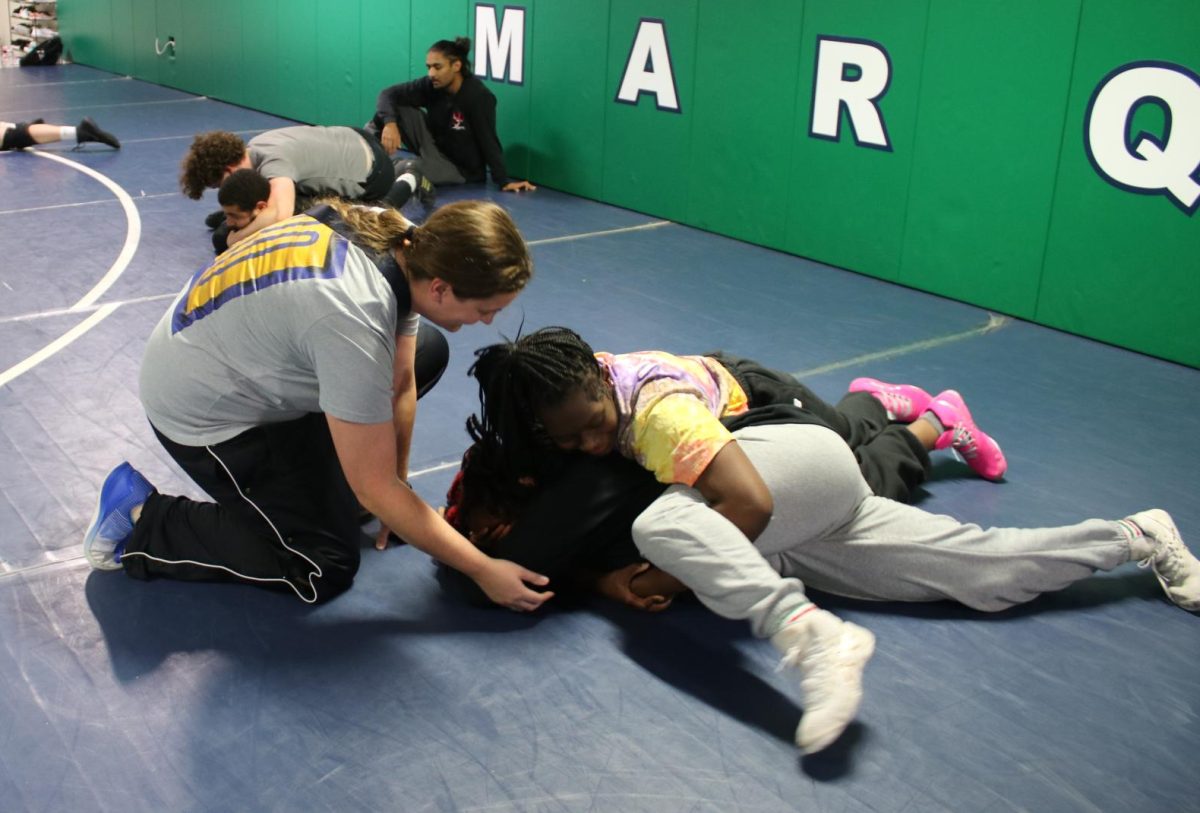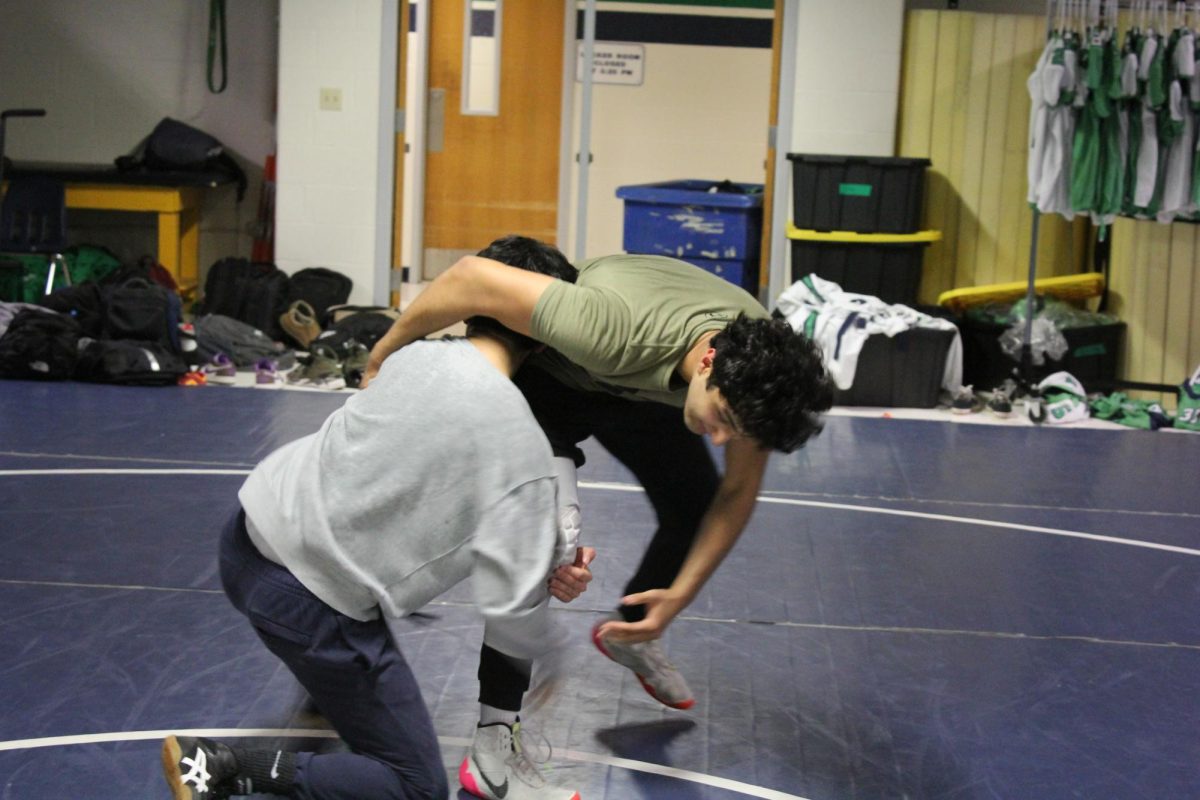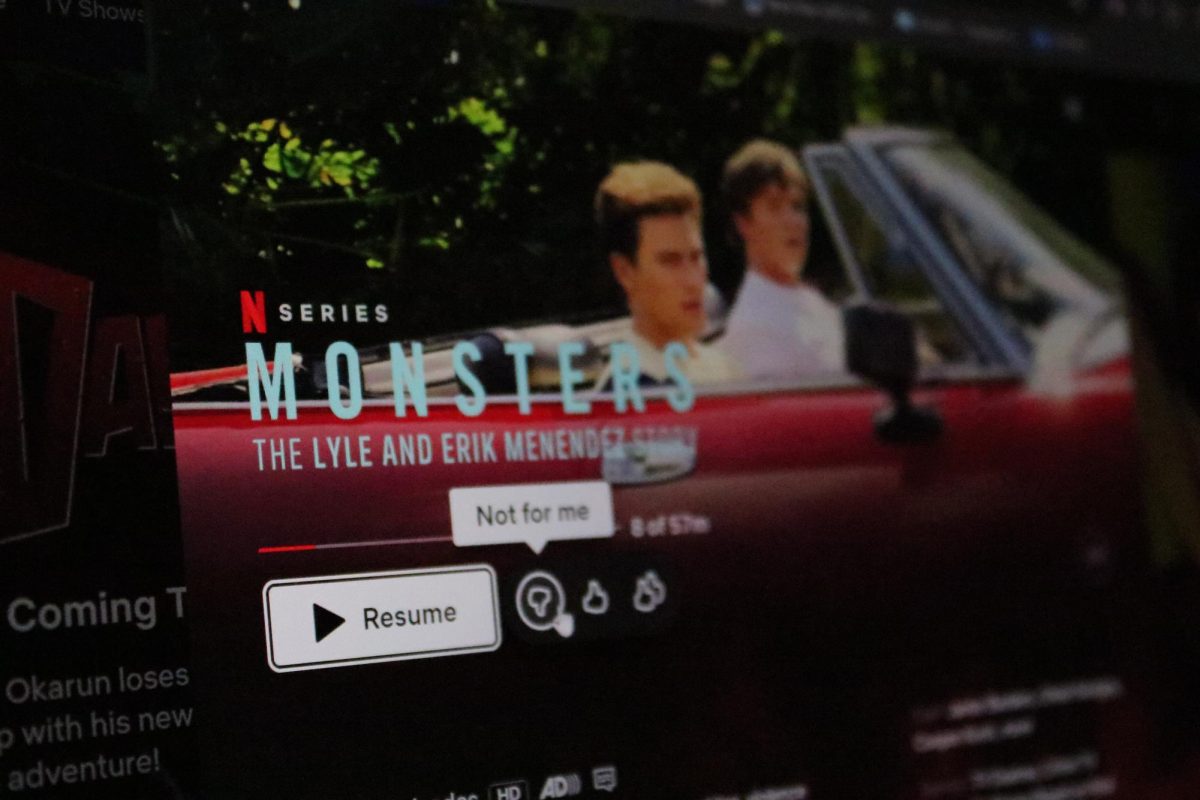A blunt topic: Dr. Knost signs new proclamation
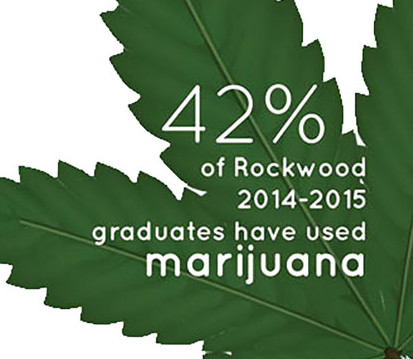
November 18, 2015
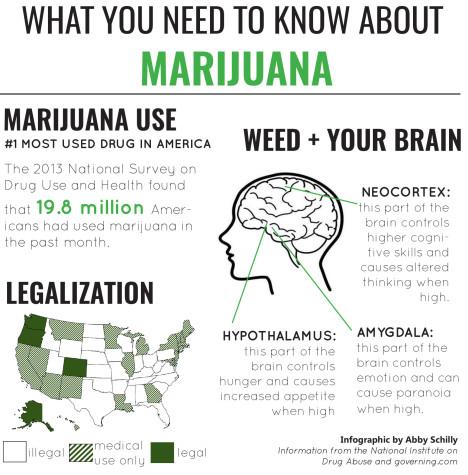
Kush. Ganga. Weed. Pot. No matter the name, marijuana is growing in popularity. According to a Gallup poll conducted in November of 2014, a majority of Americans, 51 percent, support the legalization of marijuana.
While acceptance may be growing higher around the country, in the Rockwood School District, marijuana use is frowned upon and advocated against.
Renee Heney, director of the Rockwood Drug-Free Coalition, helped organized the district’s latest proclamation against student drug use that was announced by Superintendent Dr. Eric Knost at the Oct. 15 board meeting.
“Our mission is to prevent youth substance abuse, and we do that through a number of different programs through our community partners to share information with youth and parents to prevent use,” Heney said. “We asked the superintendent and the board of education to sign our proclamation we introduced to the community several weeks ago and we’re reaching out to community leaders to take a stand. There’s a lot of misconceptions right now among the public, both adults and youth, in terms of how dangerous it is to use marijuana.”
This proclamation solidifies Rockwood’s stance that recreational marijuana use is harmful to youth and that protecting students from its harmful effects and consequences benefits the entire community.
“We want to build unity around something we can all agree on,” Heney said. “Whether people in society think that marijuana should be legalized, decriminalized or approved for medical use, those are all valid questions. We’re just trying to make our community partners understand that, unless it’s been prescribed for medical use, recreational marijuana use for kids is dangerous. Period.”
Aside from possible legal ramifications, students should avoid the use of drug and alcohol because of the amplified effects it has on their developing minds, Heney said. The human brain continues to develop until age 25, creating greater detrimental effects than would be seen in the brain of an adult whose brain is fully developed.
With the opening of several new medical marijuana dispensaries across the river in Illinois throughout 2015 as well as the approval of a hemp greenhouse in Eureka set to open later this year with 20 to 40 plants, public opinion and acceptance of marijuana is evolving.
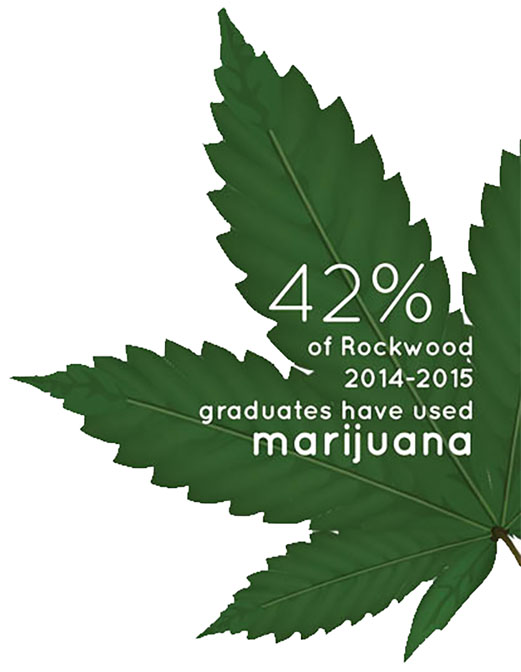
“All these types of facilities impact perception,” Heney said. “I think the general public will think ‘oh well if there’s a dispensary here, a greenhouse there and talk of legalization for recreational use than how bad can marijuana be?.’ Our coalition is trying to raise awareness that use among young people is dangerous and we’re trying to make sure that our Rockwood students don’t have this idea that if it’s approved for medical use and dispensaries are opened and the greenhouse is built that it can’t be that harmful, when in reality, there are risks.”
=Heney said the legalization of recreational marijuana use in Missouri won’t occur any time in the near future, a belief she hopes holds true.
“The state of Missouri is usually not one of the first states to do things,” Heney said. “Even though the municipality of Eureka just approved this hemp greenhouse it has nothing to do with recreational use; the mayor does not support it, he signed our proclamation, and the city council also does not support it. What they approved is a hemp greenhouse to grow the plants that will produce CBD oil that will help Missouri children who suffer from severe epileptic seizures.”
This greenhouse was established by the Noah’s Arc Foundation, a nonprofit based in Missouri committed to providing children with intractable epilepsy medications containing CBD oil from industrial hemp. Their permit allows them to grow and harvest industrial hemp to extract the CBD oil and dispense it to patients with the correct prescription cards around the state.
“I’m always very clear about the word cannabis,” Dr. Jason Strotheide, director of the Noah’s Arc Foundation said. “When people hear cannabis they think marijuana. This isn’t for cannabis based products, this is specifically for CBD oil for people with intractable epilepsy in the state of Missouri.”
The industrial hemp grown in this facility, by federal law, has to have less than 0.3 percent THC content and be non-psychoactive to meet the states strict standards.
“CBD, being derived from industrial hemp, offers a final resort to that person who wants to have the medicinal benefits of canabidiol but doesn’t want it to be psychoactive,” Dr. Strotheide said.
In Missouri, the current law only allows for people with intractable epilepsy access to CBD oil, a very specific type of epilepsy that means a person has gone through traditional and aggressive medical treatment without success.
“This is a last hope medicinal oil for these people,” Dr. Strotheide said. “The medical establishment has said there is nothing that can be done to help to help you or to help your child any further. It is truly a last hope approach for people with intractable epilepsy.”
Even with abundant educational programs and anti-drug campaigns, a 2014 survey found that 32 percent of Rockwood juniors and 42 percent of Rockwood seniors have smoked marijuana or used marijuana products.
“I’ve been smoking for about a year to a year and a half,” one MHS senior who requested to remain anonymous said. “I was always curious about it and when I was introduced to it by some friends I thought ‘why not?’.”
While the student does understand the district’s stance on the position, she said the benefits outweigh the drawbacks when it comes to legalization.
“Since most everyone in the district is technically a minor, I think it is merited that the school opposes it,” the student said. “I think there are a lot of possibilities for medical usage, such as pain management and helping to control seizures and other disorders, but I think there’s also a big market for recreational use throughout the country without the damage of other recreational activities such as drinking alcohol and using hard drugs.”
When it comes to marijuana culture at MHS, it is definitely prevalent in certain areas, said the student.
“I think as people have grown up with the whole Colorado and Washington legalization it’s become more accepted throughout the school,” said the student. “There are, however, certainly pockets of people that are entirely against it.”
Even though nearly half of all Rockwood 2014 seniors report having used marijuana, this trend does not extend to every student at MHS.
Grayson Schiff-Clark, senior, has never used marijuana due to growing up with the D.A.R.E. program and his parents telling him to never try it.
“There have been times when I’ve thought about trying it, but I’ve always rejected it because of my morals,” Schiff-Clark said. “I think that weed culture at Marquette is pretty prevalent, especially because I’m in band. I’m not going to name names but there’s a lot of people in there who like to do things that aren’t very legal.”
While he hasn’t used any marijuana products, he remains indifferent about it being legalized for recreational use in the state of Missouri.
“I wouldn’t vote on it,” Schiff-Clark said. “I’m not going to do it, but if other people want to, I’m not going to stop them because they’re their own person.”






